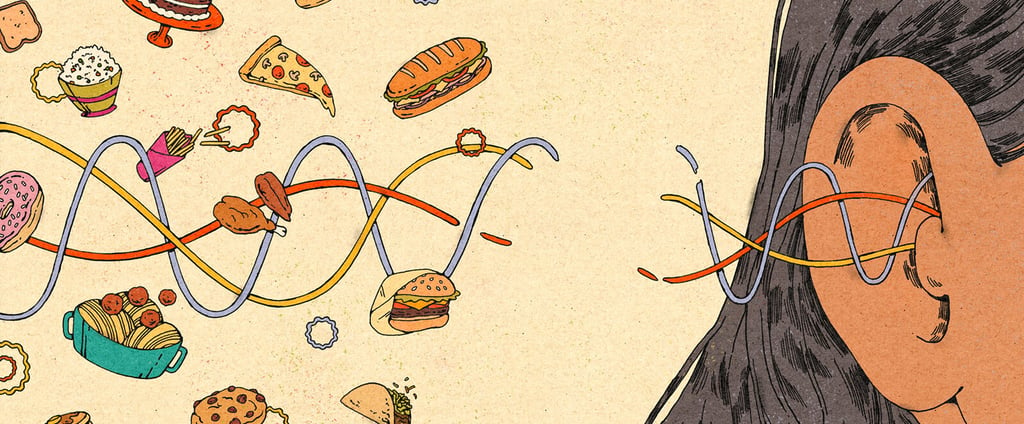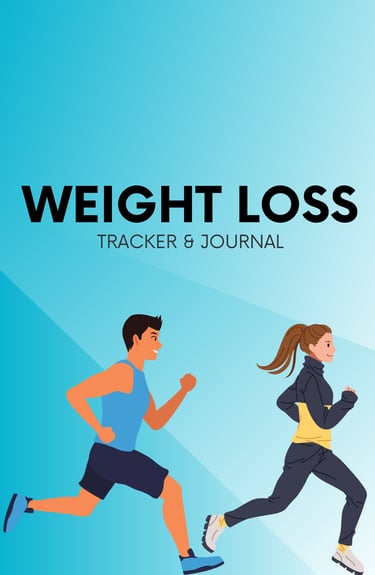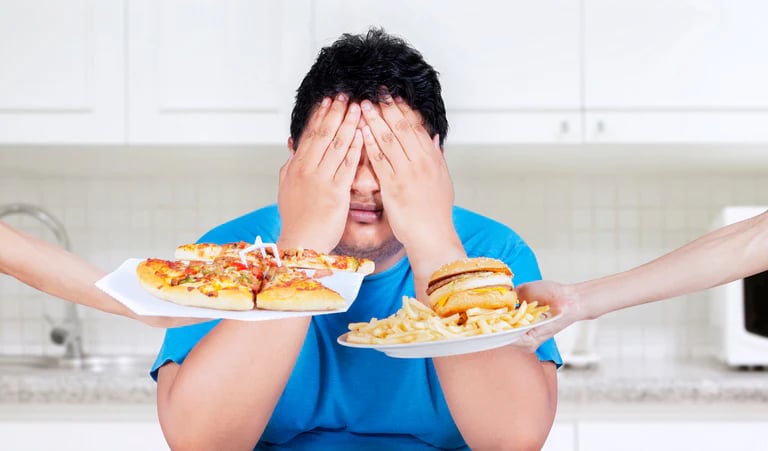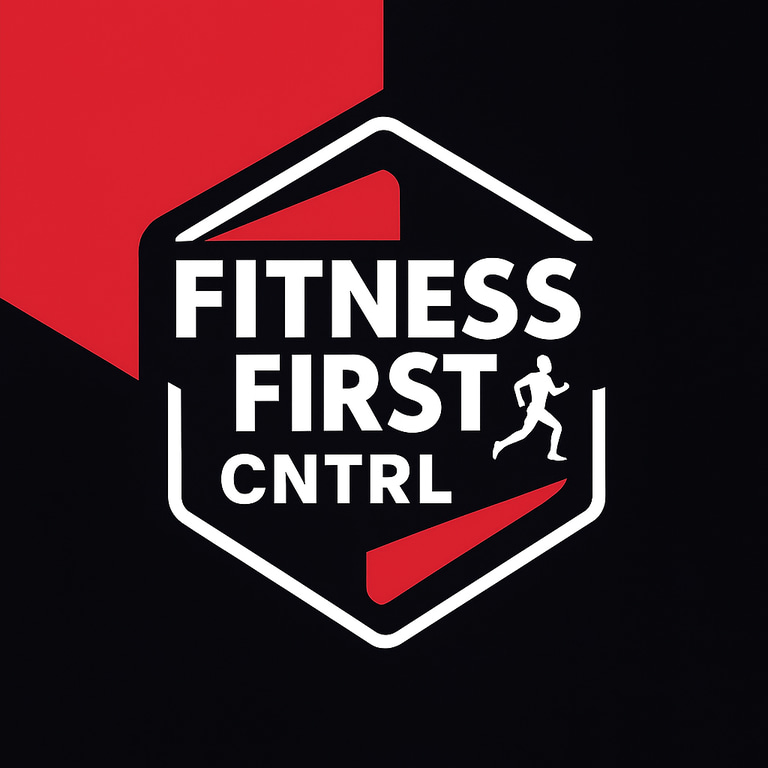USE CODE "fitnow" FOR 30% OFF your first purchase
Why You Keep Eating When You’re Not Hungry (And Exactly How to Stop It)
Discover why you eat when not hungry, what food noise really is, and proven strategies to stop emotional eating at night. Expert insights + free tracker to regain control.
7/23/20257 min read


It's 9 PM. You've had dinner. You're not physically hungry. Yet you find yourself standing in the kitchen, opening cabinets, searching for... something. You can't even name what you want, but the urge to eat feels overwhelming.
Sound familiar?
If you've ever asked yourself "why do I eat when I'm not hungry," you're not alone — and more importantly, you're not broken. After two decades of helping clients overcome emotional eating patterns, I can tell you that this behavior has nothing to do with willpower and everything to do with understanding what's really happening in your brain.
Today, we're going to unpack the hidden psychology behind non-hunger eating, introduce you to the concept of "food noise," and give you practical tools to finally break free from this exhausting cycle.
The Hidden Reason You Keep Eating
Let's start with the truth: most of your eating has nothing to do with hunger.
Real physical hunger builds gradually, can be satisfied with any food, and stops when you're full. But the eating you're struggling with? That's something entirely different.
Emotional eating is your brain's attempt to manage feelings, stress, boredom, or unmet needs using food as the tool. It's not a character flaw — it's a learned coping mechanism that served a purpose at some point in your life.
But here's where it gets interesting. Many of my clients describe a constant mental chatter about food — wondering what to eat next, fantasizing about specific foods, or feeling like they can't stop thinking about eating even when they're satisfied.
This phenomenon has a name: FOOD NOISE
What Is Food Noise and How Does It Control You?
Food noise is the persistent mental preoccupation with food that has nothing to do with physical hunger. It's the voice in your head that says:
"I could really go for something sweet right now"
"I deserve a treat after the day I've had"
"Just one more bite won't hurt"
"I'm bored... what's in the kitchen?"
This mental chatter hijacks your attention, making it nearly impossible to focus on work, relationships, or anything else. You might find yourself thinking about your next meal while you're still eating your current one.
The frustrating part? You know you're not hungry. You know you just ate. But the noise is so persistent that giving in feels like the only way to quiet your mind.
If this resonates with you, please know: your struggle is valid, it's common, and most importantly — it's solvable.
What Triggers Food Noise (And How to Spot It)
Understanding your triggers is the first step to freedom. Food noise doesn't appear randomly — it's always responding to something deeper.
The Most Common Triggers:
Stress and Overwhelm When your nervous system is activated, your brain seeks immediate relief. Food provides quick dopamine hits that temporarily calm the chaos.
Boredom and Understimulation
Your brain craves stimulation. When life feels monotonous, eating becomes entertainment and novelty.
Emotional Avoidance Food can numb uncomfortable feelings like sadness, anxiety, loneliness, or anger. It's easier to eat than to feel.
Decision Fatigue By evening, your mental willpower is depleted. This is why many people struggle with how to stop emotional eating at night — your brain's defenses are down.
Lack of Structure Without clear meal times or boundaries, your brain stays in "food-seeking mode" all day long.
Social and Environmental Cues Seeing food ads, smelling certain foods, or being around others who are eating can trigger non-hunger cravings.
Signs You're Experiencing Food Noise:
✓ You think about food even when you're full
✓ You eat to procrastinate or avoid tasks
✓ You crave specific foods (usually processed or sweet)
✓ You eat faster when you're stressed or upset
✓ You feel guilty after eating but can't stop the pattern
✓ You eat while distracted (TV, phone, computer)
✓ You have "good food days" and "bad food days"
✓ You feel like food controls you more than you control it
Night eating is particularly common because this is when decision fatigue peaks and your usual coping strategies (work, socializing, staying busy) aren't available.
The Emotional Eating Loop: Crave → Eat → Guilt → Repeat
Here's what happens in the emotional eating cycle, and why it feels so impossible to break:
Stage 1: The Trigger
Something happens — stress at work, an argument, boredom, or even just seeing a food commercial.
Stage 2: The Craving
Your brain sends signals that food will solve the problem. The craving feels urgent and physical, even though it's not real hunger.
Stage 3: The Eating
You give in and eat. For a brief moment, you feel relief or pleasure.
Stage 4: The Crash
Almost immediately, guilt and shame flood in. You feel disappointed in yourself and promise to "do better tomorrow."
Stage 5: The Reset
You create strict rules or restrictions to prevent it from happening again, which only increases stress and makes you more likely to repeat the cycle.
Meet Sarah's Story
Sarah, a marketing executive and mom of two, came to me frustrated and exhausted. "I eat perfectly all day," she told me, "healthy breakfast, salad for lunch, sensible dinner. But every night around 9 PM, it's like a switch flips. I'll eat cereal, then cookies, then whatever leftovers are in the fridge. I go to bed feeling disgusted with myself."
When we dug deeper, we discovered that Sarah's evening eating wasn't about hunger — it was her only time to decompress from managing everyone else's needs all day. Food had become her rebellion, her reward, and her comfort all rolled into one.
Sound familiar?
The shame cycle keeps you stuck because it treats the symptom (the eating) rather than the cause (the unmet need). You can't shame yourself into lasting change.
💡 Struggling to stay consistent no matter how much you “know”? Don’t miss the 5 essential rules of weight loss that actually work — especially when motivation fails. [Click here to read more]
How to Quiet Food Noise Without Relying on Willpower
The solution isn't more restriction or stronger willpower — it's developing awareness and alternative coping strategies.
Strategy 1: The Pause and Identify Method
Before eating, pause and ask yourself:
"Am I physically hungry right now?"
"What am I actually feeling?"
"What do I really need in this moment?"
This simple pause interrupts the automatic eating response and creates space for conscious choice.
Strategy 2: Distinguish Emotional Hunger vs Real Hunger
Physical Hunger:
Builds gradually over time
Can be satisfied with various foods
Stops when you're comfortably full
No guilt or shame afterward
Emotional Hunger:
Comes on suddenly and feels urgent
Craves specific foods (usually processed or sweet)
Doesn't stop at physical fullness
Often followed by guilt or regret
Strategy 3: Create Non-Food Coping Mechanisms
For Stress: 5-minute breathing exercises, quick walk, call a friend
For Boredom: Engaging hobby, creative project, movement
For Loneliness: Reach out to someone, join an online community
For Overwhelm: Brain dump in a journal, prioritize tomorrow's tasks
Strategy 4: Retrain Your Food Reward Pathways
Your brain has learned that food = relief. To change this, you need to:
Create new positive associations with non-food activities
Practice delayed gratification by waiting 10 minutes before eating
Reward yourself for using alternative coping strategies
Celebrate awareness even when you still eat emotionally
Remember: neural pathways take time to change. Be patient with the process.
Strategy 5: Use Awareness Tools to Build Self-Trust
Habit tracking and food awareness journaling are game-changers because they:
Help you spot patterns you can't see day-to-day
Remove the emotional charge from eating decisions
Build self-trust through small, consistent actions
Provide data instead of judgment
"I thought I was just weak-willed until I started tracking my emotions alongside my eating. I realized I wasn't randomly losing control — I was responding to specific triggers I'd never noticed before." - Jennifer, client
🎁 Want to Take What You Just Learned and Actually Use It?
Reading about food noise, emotional hunger, and late-night cravings is the first step.
But if you want to actually change the habit — you need something more powerful than willpower.
You need a tool.
That’s why I created the Free 7-Day Weight Loss Awareness Tracker — to help you take the insights from this blog and apply them in real life.
✅ Here’s What You’ll Get - Free:
A printable or digital 7-day tracker to log hunger, emotions, and eating patterns
Daily prompts to spot the difference between emotional hunger vs physical hunger
Tools to help you quiet food noise and take back control of your cravings
End-of-day reflections to track progress, not perfection
💬 “By Day 3, I started noticing when I was eating because I was tired or stressed — not hungry. It’s helped me make better choices without feeling restricted.” - User testimonial
⬇️ Download Your Free Tracker Now
👉 [Click here to get your free tracker]
Because sometimes, the difference between “I’ll start again Monday” and real momentum is just a little awareness — and a place to track it.Your Journey to Food Freedom Starts with Understanding
The eating that happens when you're not hungry isn't a weakness - it's information. It's your system trying to communicate unmet needs, unprocessed emotions, or imbalanced stress.
When you approach food noise with curiosity instead of criticism, everything changes. You stop being at war with yourself and start becoming your own ally.
Your relationship with food can heal. Your mental energy can be freed up for the things that truly matter. You can trust yourself again.
It starts with awareness. It grows with compassion. And it becomes lasting through consistent, gentle practice.
Ready to quiet the noise and reclaim your peace? Your free tracker is waiting, and your journey to food freedom starts today.
Remember: Healing your relationship with food is not about perfect eating - it's about understanding yourself with kindness and building sustainable habits that honor both your body and your emotional well-being.
Want to Read More Blogs?
👉 Click here to discover the 5 rules of fat loss that most people overlook — and why they matter more than counting calories.
👉 Or click here to find out what’s actually stopping your weight loss, even when you’re doing “everything right.”
These are must-reads if you’re ready for real change — not just another plan.






